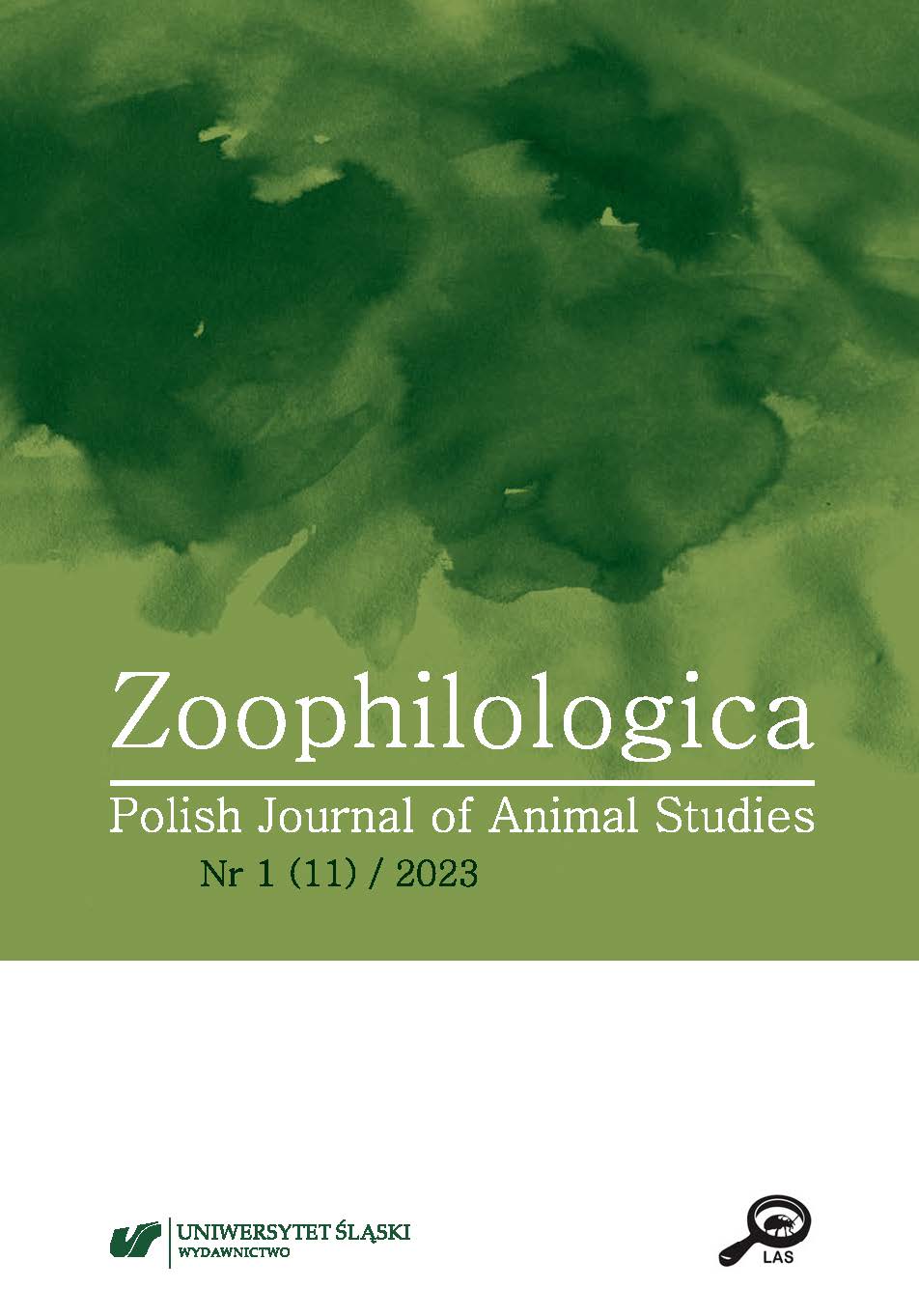Za ścianą. O kobiecie, zwierzętach i (nie)codzienności w powieści „Ściana” Marlen Haushofer
Behind the Wall. About a Woman, Animals and (Un)Everydayness in Marlen Haushofer’s Novel „The Wall”
Author(s): Estera Głuszko-BoczońSubject(s): Philosophy, Fine Arts / Performing Arts, Studies of Literature, Sociology, German Literature, Pragmatism, Cultural Anthropology / Ethnology, Culture and social structure , Social psychology and group interaction, History and theory of sociology, Social Norms / Social Control, Theory of Literature
Published by: Wydawnictwo Uniwersytetu Śląskiego
Keywords: “The Wall”; anti-utopia; catastrophe; animal studies; social role; deconstruction
Summary/Abstract: Marlen Haushofer’s novel, The Wall (Die Wand), published in 1963, elevated the author to fame, winning the admiration of readers and critics beyond the German-speaking world. As a result of a twist of fate she can neither grasp let alone understand, the heroine is cut off from the external world by an invisible obstacle – the titular wall. Behind it, human and animal life dies away, literally. She is the sole survivor of the catastrophe. From then on, she has to live in complete seclusion, left to her own devices and to fend for herself. Her only companions are a small group of animals giving sense to her existence. The sense of responsibility she feels for those living beings, her care for them, and the total isolation and sense of hopelessness become the determinants of her everyday life. This paper aims to present the main character’s uncommonness of daily living conveyed by the title and caused by an unexpected disaster. It seems important to investigate the protagonist’s attempts to reconstruct her own social space, where human interactions are replaced by interactions with animals. It is no less important to investigate her survival strategies, which are based on the strategies she had known before the disaster. The character has to take on a new role in a new reality that turns out to be a kind of reflection of her previous social role. This paper attempts to review the established social rules which had to become devalued to a certain extent when the character was faced with a radical change. Haushofer’s work can also be interpreted as a parable of the present time, in which fear of what is unknown (a disaster, a war, a pandemic) determines the way that the individual lives day by day. This paper is based primarily on the source text, namely M. Haushofer’s The Wall, and the analysis in this paper refers to feminist discourse, ecocriticism and animal studies.
Journal: ZOOPHILOLOGICA. Polish Journal of Animal Studies
- Issue Year: 1/2023
- Issue No: 11
- Page Range: 1-19
- Page Count: 19
- Language: Polish

